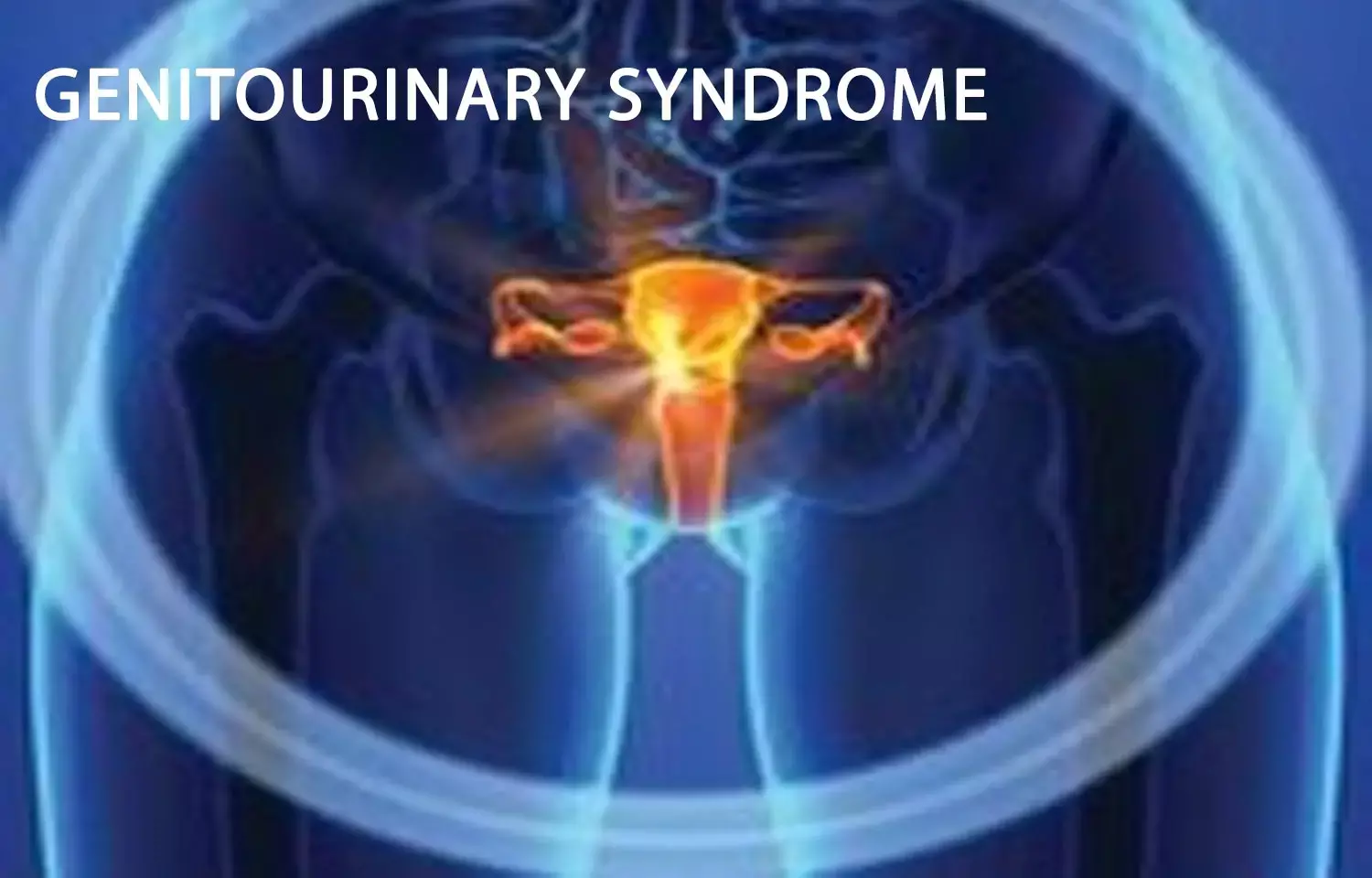- Home
- Medical news & Guidelines
- Anesthesiology
- Cardiology and CTVS
- Critical Care
- Dentistry
- Dermatology
- Diabetes and Endocrinology
- ENT
- Gastroenterology
- Medicine
- Nephrology
- Neurology
- Obstretics-Gynaecology
- Oncology
- Ophthalmology
- Orthopaedics
- Pediatrics-Neonatology
- Psychiatry
- Pulmonology
- Radiology
- Surgery
- Urology
- Laboratory Medicine
- Diet
- Nursing
- Paramedical
- Physiotherapy
- Health news
- Fact Check
- Bone Health Fact Check
- Brain Health Fact Check
- Cancer Related Fact Check
- Child Care Fact Check
- Dental and oral health fact check
- Diabetes and metabolic health fact check
- Diet and Nutrition Fact Check
- Eye and ENT Care Fact Check
- Fitness fact check
- Gut health fact check
- Heart health fact check
- Kidney health fact check
- Medical education fact check
- Men's health fact check
- Respiratory fact check
- Skin and hair care fact check
- Vaccine and Immunization fact check
- Women's health fact check
- AYUSH
- State News
- Andaman and Nicobar Islands
- Andhra Pradesh
- Arunachal Pradesh
- Assam
- Bihar
- Chandigarh
- Chattisgarh
- Dadra and Nagar Haveli
- Daman and Diu
- Delhi
- Goa
- Gujarat
- Haryana
- Himachal Pradesh
- Jammu & Kashmir
- Jharkhand
- Karnataka
- Kerala
- Ladakh
- Lakshadweep
- Madhya Pradesh
- Maharashtra
- Manipur
- Meghalaya
- Mizoram
- Nagaland
- Odisha
- Puducherry
- Punjab
- Rajasthan
- Sikkim
- Tamil Nadu
- Telangana
- Tripura
- Uttar Pradesh
- Uttrakhand
- West Bengal
- Medical Education
- Industry
Vaginal laser therapy as good as vaginal estrogen for relief of genitourinary symptoms of menopause

JAPAN: The alleviation of genitourinary symptoms brought on by vaginal laser therapy is comparable to that of vaginal estrogen therapy, states a study published in JAMA Network Open.
40% to 60% of postmenopausal women suffer from the extremely common illness known as genitourinary syndrome of menopause (GSM). It has been shown that vaginal estrogen is useful in easing GSM symptoms. There is a need for potent therapy alternatives since vaginal estrogen for genitourinary syndrome of menopause (GSM) should be administered with caution in women with contraindications.
The severity of GSM following vaginal laser treatment and estrogen therapy were compared by the authors in this study.
In order to achieve this goal, RCTs comparing the use of lasers and vaginal estrogen in adults were chosen. Data analyses were performed from April 9 to 12, 2022. Data were separately gathered by two researchers from the listed studies. There were 270 GSM-afflicted women in all, across 6 RCTs, of whom 135 were randomly assigned to laser therapy and 135 to estrogen therapy; the women's ages ranged from 54.6 to 61.0 years on average. Each study's risk of bias was evaluated using the Cochrane risk of bias tool for RCTs. The mean differences (MDs) with 95% confidence intervals were pooled using a random-effects model. The main results included the results of the Vaginal Analog Scale (VAS; higher scores indicate more severe symptoms), the Vaginal Health Index (VHI; higher scores indicate better vaginal health), the Vaginal Maturation Index (VMI; higher scores indicate higher estrogen effect on the vaginal epithelium), the Female Sexual Function Index (FSFI; higher scores indicate better female sexual function), and the Sexual Quotient-Female (SQ-F; higher scores indicate better female sexual function Urinary symptoms were evaluated as a separate concern.
Key highlights of the study:
- From the beginning of the study to the end of the follow-up, there were no significant differences between the carbon dioxide laser and vaginal estrogen in the overall VAS scores (MD, 0.16; 95% CI, 0.67 to 0.36; I2, 33.31%), VHI (MD, 0.20; 95% CI, 0.56 to 0.97; I2, 83.25%), VMI (MD, 0.56; 95% CI, 1.14 to 0.02.
- Other questionnaire-based outcome indicators for changes in urine symptoms showed no difference between groups from the beginning of the follow-up to the conclusion.
"Despite the fact that GSM symptoms were negatively correlated with both quality of life and mental health, the Women's EMPOWER survey found that only 50% of GSM-affected women sought medical attention. Adverse effects, long-term safety, and cancer risks are the main worries when starting vaginal estrogen therapy," wrote the authors.
The study's authors came to the conclusion that these findings provide crucial information on alternate therapies for GSM-positive women who are contraindicated for hormonal therapy. Future research is required, with sufficient statistical power and follow-up.
REFERENCE
Jang Y, Leung CY, Huang H. Comparison of Severity of Genitourinary Syndrome of Menopause Symptoms After Carbon Dioxide Laser vs Vaginal Estrogen Therapy: A Systematic Review and Meta-analysis. JAMA Netw Open. 2022;5(9):e2232563. doi:10.1001/jamanetworkopen.2022.32563
Dr Kamal Kant Kohli-MBBS, DTCD- a chest specialist with more than 30 years of practice and a flair for writing clinical articles, Dr Kamal Kant Kohli joined Medical Dialogues as a Chief Editor of Medical News. Besides writing articles, as an editor, he proofreads and verifies all the medical content published on Medical Dialogues including those coming from journals, studies,medical conferences,guidelines etc. Email: drkohli@medicaldialogues.in. Contact no. 011-43720751


